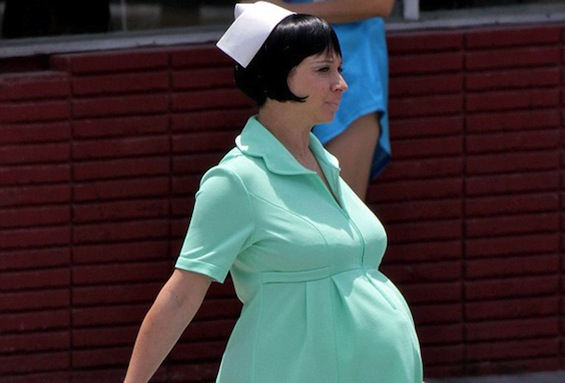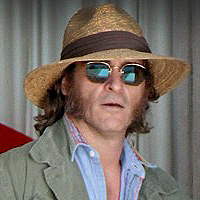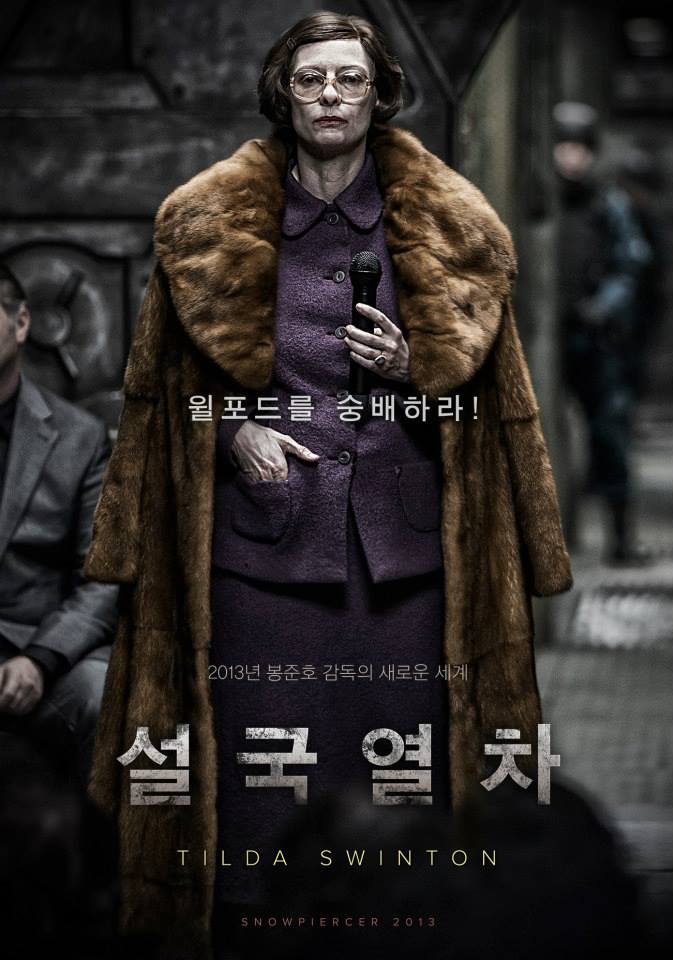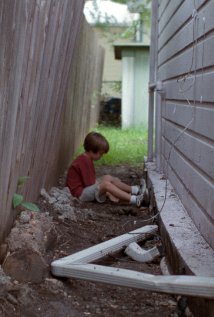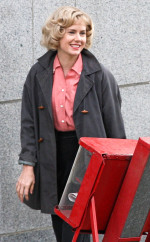We Can't Wait #4: Under the Skin
 Thursday, January 30, 2014 at 12:00PM
Thursday, January 30, 2014 at 12:00PM 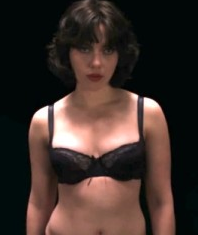 Hey y'all. Now that I'm back from Sundance I can join in the "We Can't Wait" fun as we near the top of the Team Experience list. The team has been highlighting our top 14 (collectively) most anticipated films of the new cinematic year. We've already covered 13+ great movies and it falls on me to write up our fourth highest ranker.
Hey y'all. Now that I'm back from Sundance I can join in the "We Can't Wait" fun as we near the top of the Team Experience list. The team has been highlighting our top 14 (collectively) most anticipated films of the new cinematic year. We've already covered 13+ great movies and it falls on me to write up our fourth highest ranker.
Under the Skin
In which Scarlett Johansson plays an alien searching for man meat or skin or something. The men she seduces are never heard from again.
Talent
The entire reason this is on the list is surely The Film Experience's collective devotion to 2004's Birth, the misunderstood masterpiece by Jonathan Glazer. I don't have a pass/fail checklist of requirements for my team members here at TFE but if I did "Do you like Birth?" would be on the questionnaire. For reasons that are too too horrible to contemplate Glazer hasn't made a film since which makes Under the Skin something of a unicorn. Does it really exist? It must since we've seen stills of its delectable leading lady Scarlett Johansson all over the place and some lucky souls saw it at TIFF in the fall. I purposely avoided reviews hence this very vague write-up. I want to be surprised and transported.
Why We Can’t Wait
Here's where I just repeat the intro points again: Glazer of Birth. Rare like a unicorn. Scarlett Johansson as extraterrestrial succubus.
But We Do Have To Wait
But only about 63 more days since A24, that godsend of a specialty distributor, is bringing it to us on April 4th.
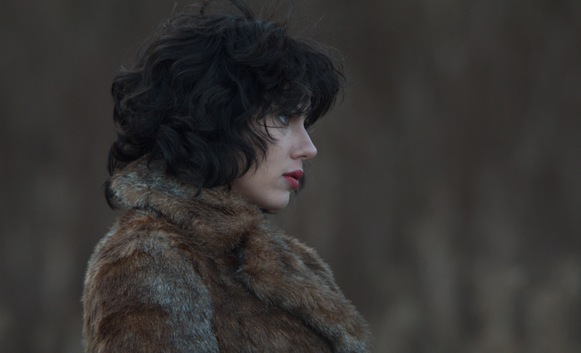
Previously on "We Can't Wait"
05 Inherent Vice (Paul Thomas Anderson adapts Pynchon)
06 Into the Woods (Rob Marshall adapts Sondheim)
07 Snowpiercer (Boon JongHo does sci-fi)
08 Nymphomaniac (Lars von Trier Gone Wild)
09 Boyhood (Linklater's long-gestating family drama)
10 Big Eyes (Tim Burton back to the bio)
11 The Last 5 Years (the Off Broadway classic goes cinematic)
12 Gone Girl (David Fincher thrills)
13 Can a Song Save Your Life (Keira Croons)
14 Veronica Mars (TV Sequel... hey, what's this doing her?)
runners up just missed the cut




